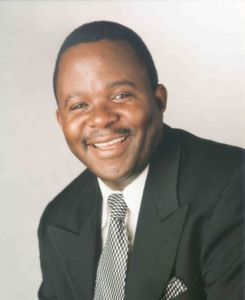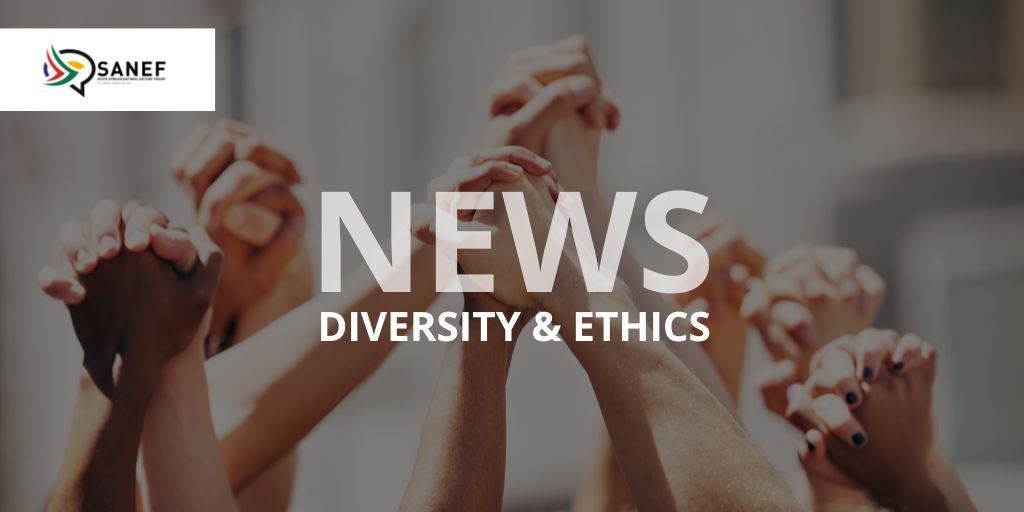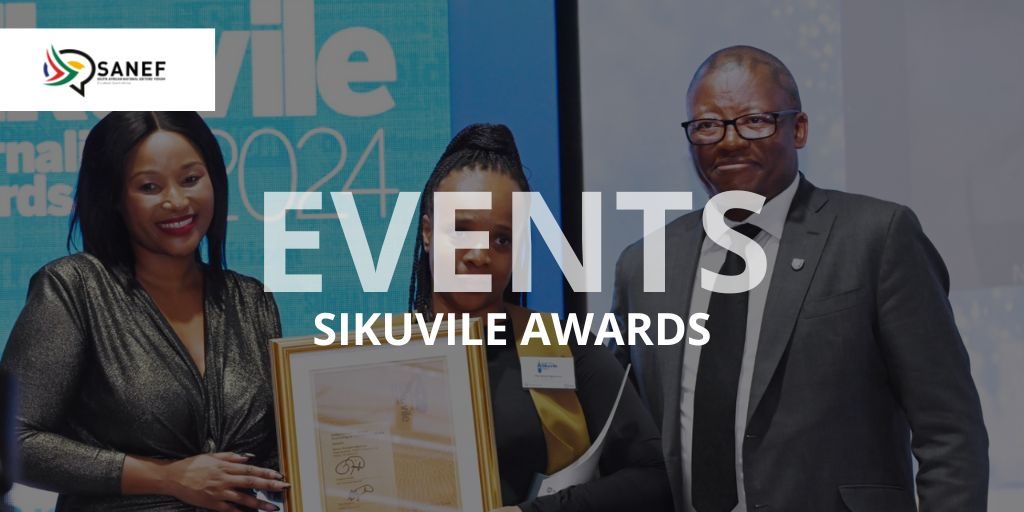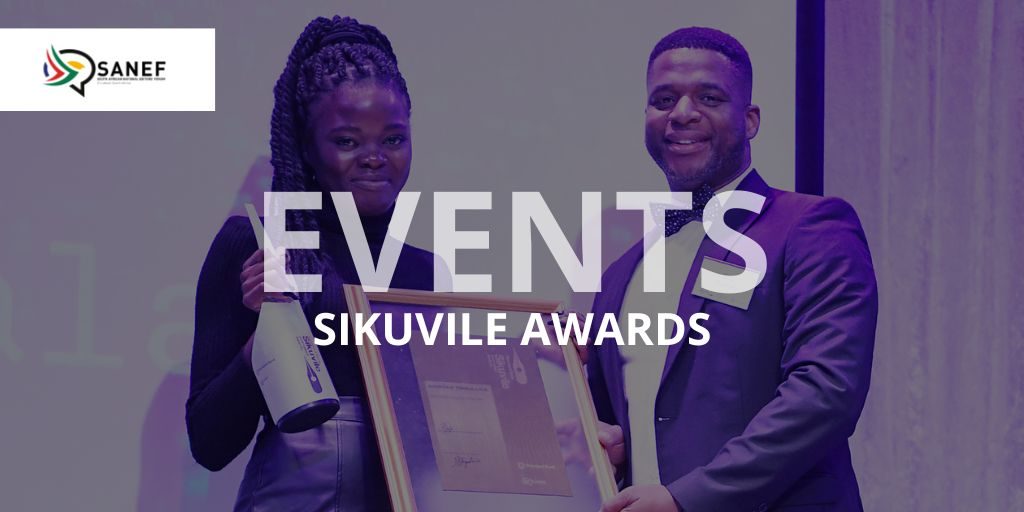Are Anonymous Sources Threatening Journalism Ethics?

27 October 2020
Opinion by Rich Mkhondo
This article has been published here:
Johannesburg – When one of my favourite broadcasters, the late Jim Lehrer – of America’s Public Broadcasting Station, was asked if he had day-to-day guidelines for practising journalism, he said: “Well, yes, and here they are: “Do nothing I cannot defend;
“Cover, write and present every story with the care I would want if the story were about me;
“Assume there is at least one other side or version to every story;
“Assume the viewer is as smart and caring and as good a person as I am. Assume the same about all people on whom I report;
“Assume personal lives are a private matter until a legitimate turn in the story absolutely mandates otherwise;
“Carefully separate opinion and analysis from straight news stories and clearly label everything;
“Do not use anonymous sources or blind quotes except on rare and monumental occasions and
“No one should ever be allowed to attack another anonymously. And, finally, I am not in the entertainment business.”
Essential elements of journalism
Every time I read this, I remember my first journalism lecture at Rhodes University in Makhanda, when we debated the essential elements of reporting:
- Accuracy
- Truthfulness
- Objectivity
- Impartiality
- Fairness
- Accountability
It is sad to see that in this day and age, some journalists ignore ethical standards as espoused by Lehrer – may his soul rest in peace – and the professional standards we learn from journalism schools which are emphasised by concerned editors.
Forty-three years since one of the implementers of apartheid white minority rule, Jimmy Kruger, arrested editors and banned The World and Weekend World, and 26 years into a democratic South Africa, is the state of media freedom in our Rainbow something to be proud of?
No.
While there are no threats to the freedom of the media as there were 43 years ago, the state of the media industry is as messy and more confusing due to the ever-changing business models, diminishing capacity of news organisations, declining profits, fake news, misinformation, the over-reliance on unnamed sources and declining public trust.
Ignoring ethical guidelines
It is a pity that these days, some news sounds or reads more like a biased commentary which has more opinion than facts.
Some journalists ignore ethical guidelines for the sake of sensationalising the news in the quest to be seen as hard-hitting newsmen and women.
Of course, journalism has seen a sudden shift because of the advent of blogs and social media platforms like YouTube, Facebook and Instagram, as well as the overwhelming urge to promote one ideology over another.
Despite the shift to digital media and more competition for advertising and print newspaper sales and circulation, ethical decision-making and journalistic integrity, should remain steadfast.
Unfortunately, we continue to see the media spin narratives to serve their own interest by using cherry-picking stories, using compromising pictures, taking content out of context, or promoting misleading headlines and relying – sometimes over-relying on anonymous sources.
Use of anonymous sources
In addition to sensationalising news for commercial and political gain, journalism ethics is suffering from the growing use of anonymous sources. Amid journalism scandals and hand-wringing about media credibility, the use of anonymous sources has run amok.
When I was trained as a reporter, editors insisted that we always strive to get both sides of every story. We were never allowed to publish unconfirmed rumours or to quote unnamed sources.
Now, all the rules have changed. The 24-hour news cycle, growth of online news, competition for audiences, viewers and listeners, means unnamed sources are used increasingly to break stories leaked by officials seeking to get their views before the public.
Rumours by anonymous sources are tossed into the air or headlined in print, to be proved or disproved later.
Of course, there is an argument that anonymous sources are an essential tool of investigative reporting. Used well, anonymous sources are an indispensable tool for supplying depth and critical insight to complicated stories.
For intrepid journalists, one needs to answer two facts about the source:
* Does the source actually have all the facts and knows what he or she is talking about, and or,
* Does the source have a hidden political or economic agenda and/or an axe to grind?
Scepticism of unnamed sources
I can think of no common journalistic shortcoming more threatening to media credibility than over-reliance on unnamed sources.
I am not surprised that members of the public are often sceptical of unnamed sources. Almost invariably people assume that any quote without a name attached to it was made up by the reporter.
Indeed, while readers are sceptical of anonymous sources, sometimes they are necessary. In deciding to use them, the value of the information they divulge must be weighed against the credibility questions that anonymity raises.
Of course as human beings, journalists may fall short of reader expectations. That doesn’t make the mistakes or thumb-sucking stories alright.
Everyone knows that sometimes the information may be sensitive but important enough to make anonymity acceptable.
To offset any public doubt, instead of just identifying someone as an “unnamed source,” or a “source who declined to be named,” the editors need to explain the sources’ motives for coming forward and what qualifies them as being credible. For instance, the journalist and his or her bosses may note what position the source holds in an organisation or company.
Also, for an unnamed source to carry weight, the information must be so important, the media house may not be able to get it anywhere else. Also if known, the source would face harm or serious loss.
No wonder news organisations and individual reporters value unidentified sources so much that they go to great lengths to protect their identities.
Guidelines for using anonymous sources
One may say surely there is a big divide between whistle-blowers and run-of-the-mill anonymous sources who freely bash political and/or business opponents.
That is why the world-famous newspapers, The New York Times and Washington Post have outlined guidelines for helping journalists decide whether to use anonymous sources. These guidelines are:
* Promises of anonymity must be authorised by the editor;
* Anonymous sources should be used only for a just cause;
* Anonymous sources should be used only as a last resort;
* Sources should be as fully identified as possible, with reasons for anonymity explained in the story;
* Proportionality: editors should balance the potential harms and benefits in any use of anonymous sources;
* Anonymous sources can only be used with just intentions by the reporter, the media and the source; and
* Use of anonymous sources requires independent verification by a second source.
* Unnamed sources or not, a true journalist must be able to display professional ethical standards unswayed by inherent human frailties such as political or business allegiance which may make one vulnerable to ethical lapses.
Rigorous self-criticism
Therefore, the media fraternity should strive for a rigorous self-criticism over any perception of irresponsibly forsaking professional morality.
In their book, Doing Ethics in Journalism, authors Jay Black, Bob Steele and Ralph Barney pose three ethical standards for journalism:
* Seek truth and report it as fully as possible. Be thorough, accurate, and fair).
* Act independently. Avoid outside influences that would compromise the credibility of the reporting.
* Minimise harm. Reporting does not occur in isolation. The effects of reporting can cause harm, often unintended.
Is anyone listening?
There is no doubt that the duty of the media is to shape the mind and the opinion of the public.
Maybe it is time that the public demand professional and higher standards from the media industry by boycotting media companies that have journalists who do not adhere to the expected ethical standards.
* Rich Mkhondo runs The Media and Writers Firm (www.mediaandwritersfirm.com) a content development and reputation management hub.





